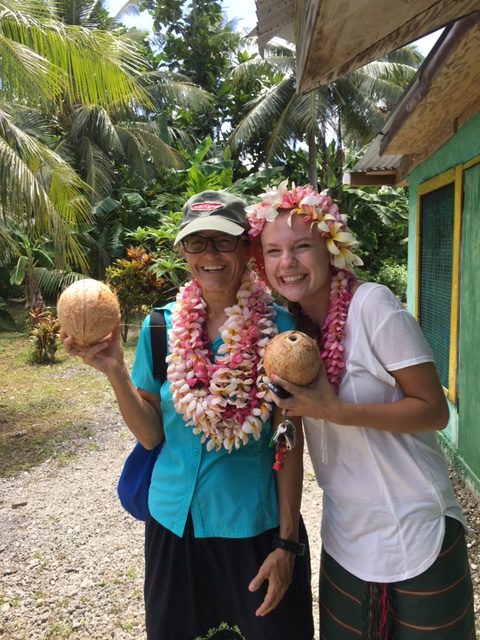In winter quarter of 2018, PATHS hosted a series of workshops covering different aspects of career exploration for humanities graduate students. This article is the third in a three-part series summarizing the advice and discussion from those workshops. PATHS would like to thank our panelists Monica Felix, Natasha Ayers, Mollie McFee, Donald Chae, and Novia Pagone for sharing their experience and expertise.
How can students use networking to pursue their goals and interests?
Networking, especially informational interviewing, is consistently one of the most reliable ways to find new career options. The main advice our alumni give to current students is to use your networks–including acquaintances and classmates’ contacts–to try to get a personal introduction to anyone you want to talk to. Learning from people in a field that seems interesting is one of the easiest ways to get a sense for the work and whether it might be a good fit for your background and interests. Cold emailing people can be a fruitful way to network, but is likely to require more effort to get the same success as contacting people through introductions.
Informational interviews can also help by expanding your own network. Even if the person you talked to never has a job opening to recommend to you, he or she can often introduce you to other people or point you to related jobs. Donald Chae, a Music PhD alumnus with a long career in business and consulting, said he talked to 50-100 people for every big job search, more during the times when he wasn’t sure what type of job he was looking for. Informational interviews can help you pinpoint specific jobs or industries that fit you the best, and help you find leads once you narrow that down.
When doing an informational interview with someone, flexibility is key. Don’t be afraid to ask open-ended or even vague questions about their experience and background, especially if you are in early exploration stages; you want to learn as much as you can! Be open to picking up on the negative, which sometimes requires paying attention to recurring themes, as not everyone will be completely open about drawbacks to their jobs. Questions to ask include: What allows you to do your best work? What does success look like for that industry? What skills do you use daily, and what skills are you working on developing?
UChicagoGRAD has resources like practice interviewing and career counseling to help you identify networking opportunities and make the most of them.


